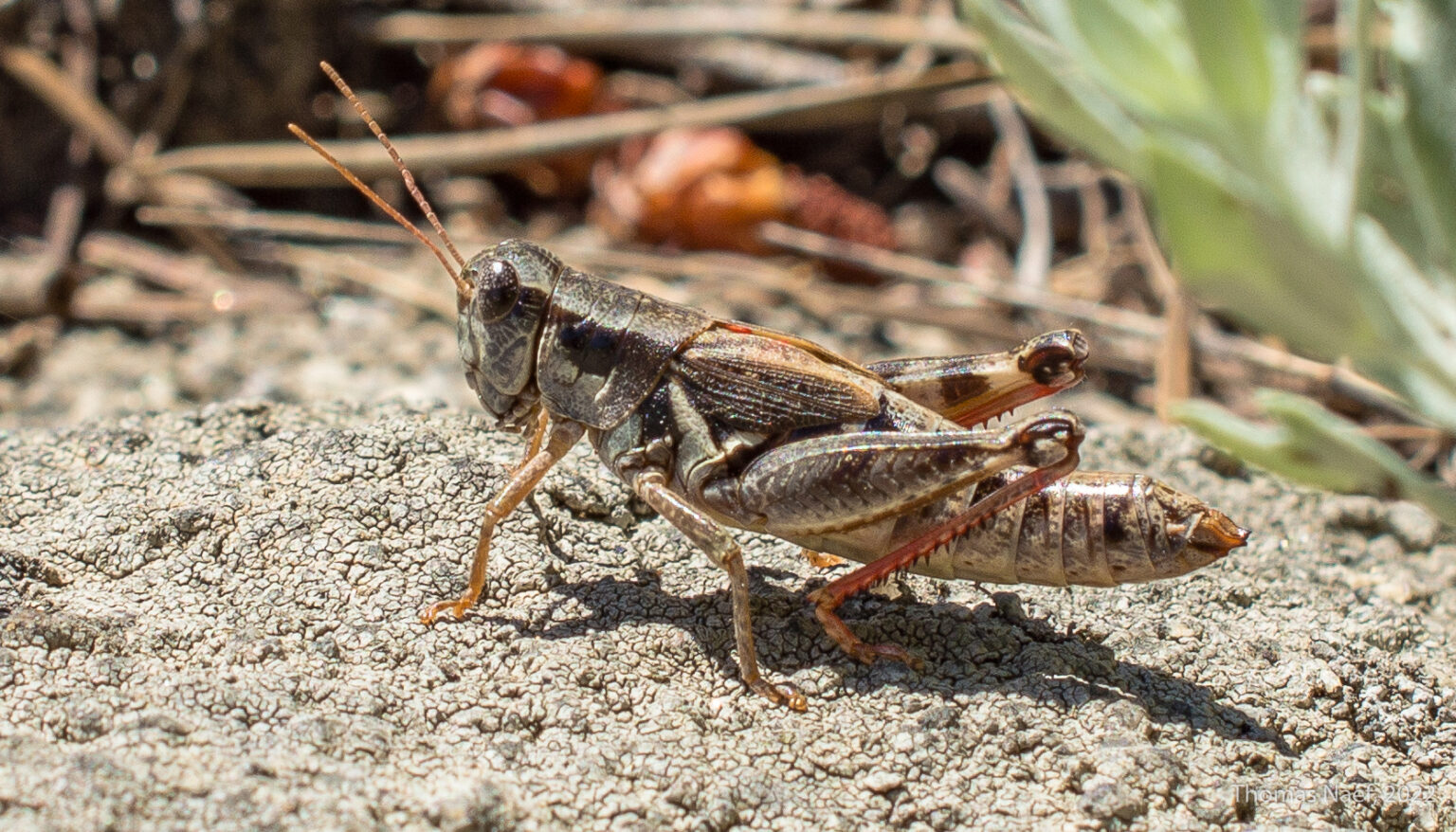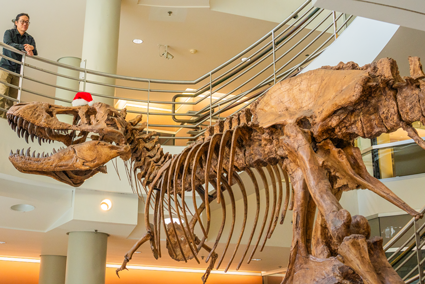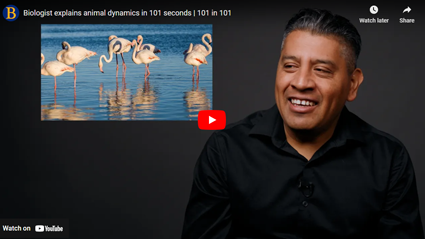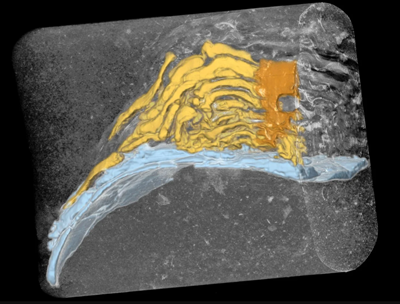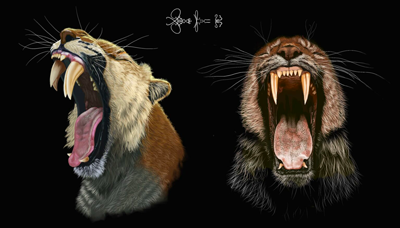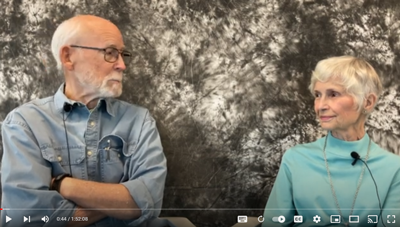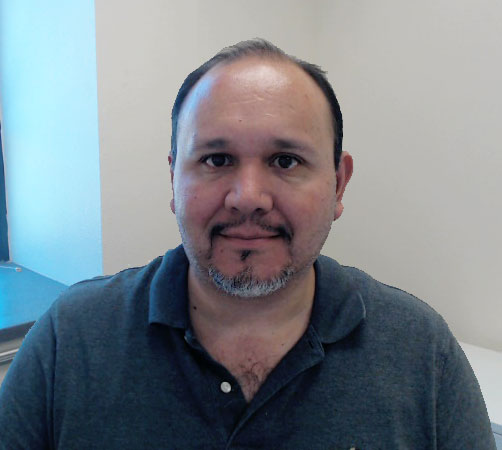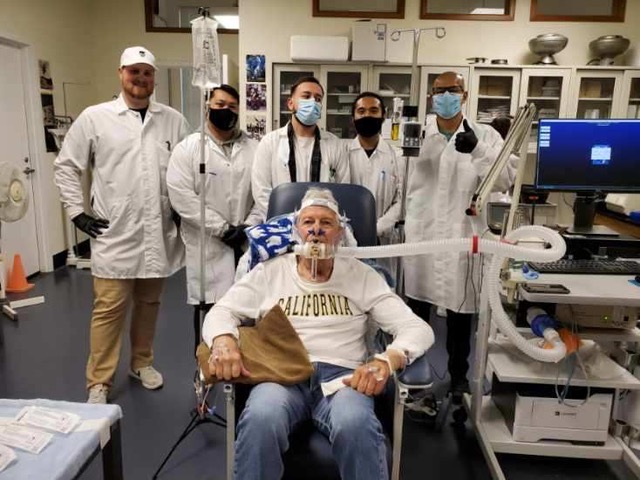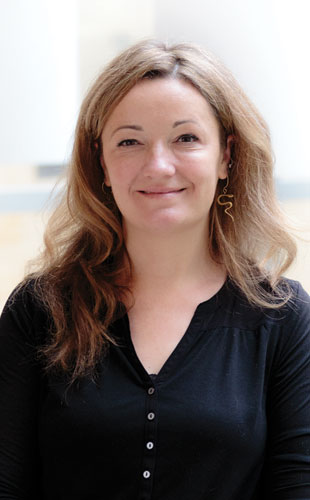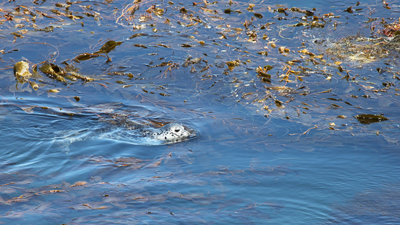Life cycles of some insects adapt well to a changing climate. Others, not so much.
Submitted by mjalbe on Fri, 01/31/2025 - 10:23Postdoctoral fellow César Nufio and his colleagues (IB Professor Caroline Williams, Dr. Lauren Buckley, and Dr. Monica Sheffer) have shared a new study of Colorado grasshoppers that shows grasshoppers that overwinter as juveniles have a head start on those that emerge in the spring. Read more via this UC Berkeley News link here: https://news.berkeley.edu/2025/01/31/life-cycles-of-some-insects-adapt-well-to-a-changing-climate-others-not-so-much/.
